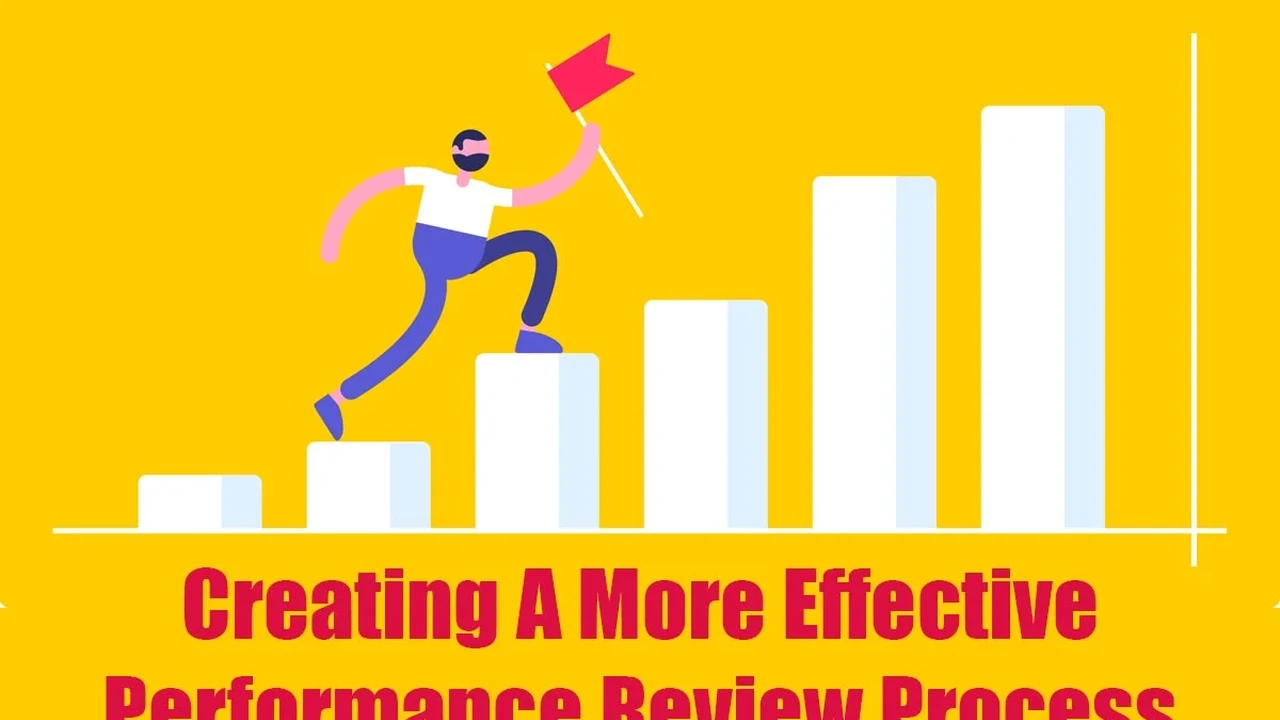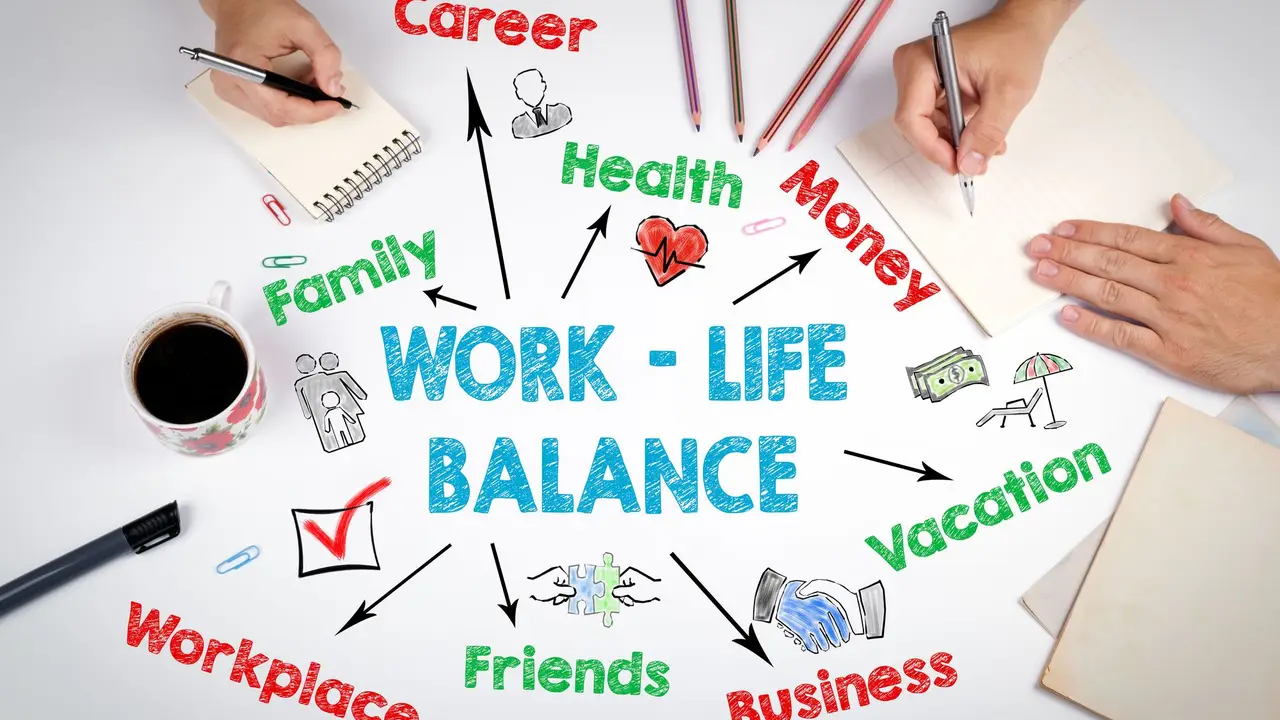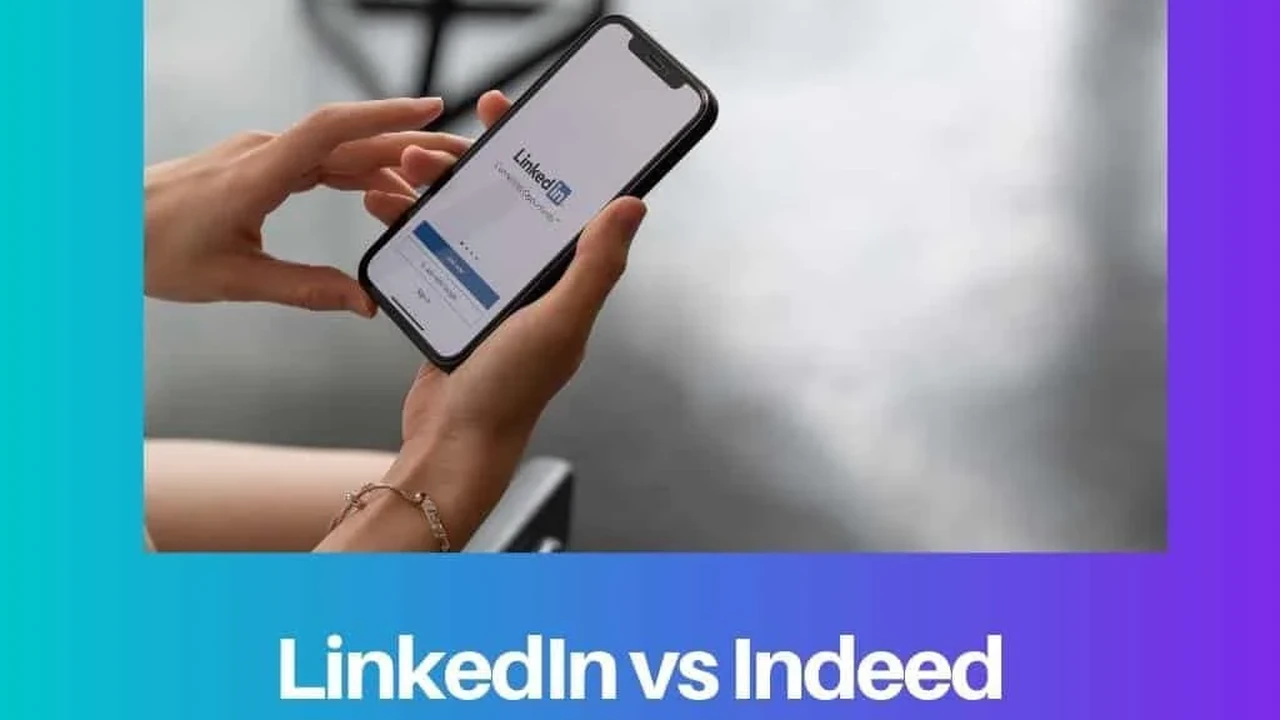Balancing Work Life and Career Ambition
Find practical tips for balancing your professional ambitions with a healthy work life balance.

Balancing Work Life and Career Ambition
Hey everyone, let's talk about something super important that often gets pushed to the side: finding that sweet spot between crushing it at work and actually having a life outside of it. We all want to climb the career ladder, right? But sometimes, that ambition can lead to burnout, stress, and feeling like you're constantly on a hamster wheel. It's a real challenge, especially in today's fast-paced world where the lines between work and personal life can get seriously blurry. So, how do you chase those big career dreams without sacrificing your well-being, relationships, and sanity? Let's dive into some practical tips and tools that can help you achieve a more harmonious existence.
Understanding the Work Life Balance Challenge
First off, let's acknowledge that 'work-life balance' isn't a one-size-fits-all concept. What works for one person might not work for another. It's about finding what feels right for you. For some, it might mean strict 9-to-5 boundaries. For others, it could be more flexible hours but with clear 'off' times. The core idea is to ensure that your professional life doesn't completely overshadow your personal life, and vice versa. The challenge often comes from societal pressures, demanding jobs, and our own internal drive to succeed. But remember, a sustainable career is built on a foundation of good health and happiness, not constant exhaustion.
Setting Clear Boundaries for Work and Personal Life
This is probably one of the most crucial steps. Without clear boundaries, work can easily creep into every aspect of your life. Think about it: checking emails at dinner, taking calls on weekends, or constantly thinking about work even when you're supposed to be relaxing. It's a recipe for disaster. So, how do you set these boundaries?
Time Blocking and Scheduling for Productivity and Personal Time
One effective method is time blocking. This means dedicating specific blocks of time to specific tasks, including your personal activities. For example, you might block out 9 AM to 12 PM for focused work, 12 PM to 1 PM for lunch and a walk, and then 1 PM to 5 PM for more work. Crucially, you also block out time for family, hobbies, exercise, and relaxation. Treat these personal blocks with the same importance as your work meetings. Tools like Google Calendar, Outlook Calendar, or even dedicated time-blocking apps can be super helpful here. For instance, Google Calendar is free and widely accessible, allowing you to color-code different types of blocks. Fantastical (for Apple users, around $4.99/month or $39.99/year) offers a more premium experience with natural language input and deep integration with other apps, making scheduling feel more intuitive. For a more robust project management and time tracking solution, Asana (free for basic, paid tiers starting at $10.99/user/month) allows you to assign tasks, set deadlines, and visualize your workload, which can indirectly help in time blocking by giving you a clearer picture of your commitments.
Communication is Key with Colleagues and Family
It's not enough to just set boundaries for yourself; you need to communicate them to others. Let your colleagues know your working hours and when you're generally unavailable. For instance, you might say, 'I'll be offline after 6 PM, but I'll get back to you first thing in the morning.' Similarly, communicate with your family about your work commitments and when you need uninterrupted focus. This mutual understanding helps manage expectations and reduces interruptions. This also applies to your manager. Have an open conversation about workload and expectations. If you're consistently working late, it's worth discussing if the workload is sustainable or if there are ways to delegate or reprioritize.
Prioritizing Self Care and Well Being
This isn't just a buzzword; it's essential for long-term career success and overall happiness. When you neglect your physical and mental health, everything else suffers. Think of yourself as a high-performance machine – you need regular maintenance and fuel to run efficiently.
Regular Exercise and Physical Activity for Energy and Stress Reduction
Even 30 minutes of moderate exercise a few times a week can make a huge difference. It boosts your energy, improves your mood, and helps manage stress. It doesn't have to be intense; a brisk walk, some yoga, or a quick home workout can do wonders. Consider fitness trackers like the Fitbit Charge 6 (around $159.95) or the Apple Watch SE (starting at $249) to monitor your activity, sleep, and heart rate, encouraging you to stay active. The Fitbit app provides detailed insights and guided workouts, while the Apple Watch integrates seamlessly with the Apple ecosystem and offers a wide range of health features. For a more budget-friendly option, the Xiaomi Mi Band 8 (around $39.99) offers excellent value with basic fitness tracking and long battery life, perfect for getting started without a huge investment.
Mindfulness and Stress Management Techniques for Mental Clarity
Practices like meditation, deep breathing exercises, or even just taking a few minutes to be present can significantly reduce stress and improve focus. There are tons of apps out there that can guide you through these practices. Calm and Headspace are two of the most popular meditation apps (both offer free trials, then subscriptions around $69.99/year). Calm focuses more on sleep and relaxation, while Headspace has a more structured approach to teaching meditation. Both offer guided meditations, sleep stories, and mindfulness exercises. For those who prefer a more scientific approach, Insight Timer (free with optional paid features) offers a vast library of guided meditations from various teachers, often with specific themes like stress reduction or focus. Comparing them, Calm and Headspace are great for beginners with their structured programs, while Insight Timer offers more variety and is better for those who want to explore different styles and teachers.
Adequate Sleep for Optimal Performance and Recovery
Seriously, don't underestimate the power of a good night's sleep. It's when your body and mind repair and recharge. Aim for 7-9 hours of quality sleep. If you're struggling, try establishing a consistent sleep schedule, creating a relaxing bedtime routine, and making sure your bedroom is conducive to sleep (dark, quiet, cool). Sleep tracking apps or devices can help you understand your sleep patterns. Many smartwatches, like the Apple Watch and Fitbit, have built-in sleep tracking. Dedicated sleep trackers like the Oura Ring Gen3 (starting at $299 plus a $5.99/month membership) offer highly accurate sleep stage tracking and personalized insights, though it's a premium product. For a simpler, app-based solution, Sleep Cycle (free with premium features around $29.99/year) uses your phone's microphone to analyze your sleep and wake you up during your lightest sleep phase, making you feel more refreshed.
Leveraging Technology Wisely for Efficiency and Disconnection
Technology can be a double-edged sword. It can make us incredibly efficient, but it can also make it harder to switch off. The trick is to use it intentionally.
Productivity Tools for Streamlined Workflows
Beyond calendars, consider project management tools if you're juggling multiple tasks or working in teams. Trello (free for basic, paid tiers starting at $5/user/month) is great for visual thinkers with its card-based system, perfect for tracking tasks and workflows. Notion (free for personal use, paid tiers starting at $8/user/month) is a versatile workspace that combines notes, databases, wikis, and project management, allowing for highly customized setups. ClickUp (free for basic, paid tiers starting at $7/user/month) aims to be an 'all-in-one' productivity platform, offering a wide range of features from task management to goal tracking. When comparing these, Trello is excellent for simple, visual task management. Notion is incredibly powerful for those who like to build their own systems. ClickUp offers a comprehensive suite for teams needing more advanced features. Choose based on your specific needs and team size.
Digital Detox and Notification Management for Disconnection
Schedule regular digital detox periods. This could be an hour before bed, during meals, or even a whole weekend. Turn off non-essential notifications on your phone and computer. Use 'Do Not Disturb' modes. Many phones have 'Focus Modes' (like on iOS) or 'Digital Wellbeing' features (on Android) that allow you to customize notifications and app access during certain times. For example, you can set up a 'Work' focus that only allows work-related app notifications, and a 'Personal' focus that silences work apps. This helps create a mental separation between your professional and personal spheres. Consider using website blockers like Freedom (starting at $6.99/month) or Cold Turkey Blocker (one-time purchase around $39) if you find yourself constantly distracted by social media or other non-work sites during work hours. These tools can block distracting websites and apps across all your devices, helping you stay focused and then truly disconnect when you're done.
Cultivating Hobbies and Interests Outside of Work
Your identity shouldn't be solely tied to your job. Having hobbies and interests outside of work provides a much-needed mental break, helps you de-stress, and allows you to explore different facets of yourself. Whether it's painting, playing an instrument, hiking, cooking, or volunteering, make time for activities that bring you joy and fulfillment. These activities are not just 'time off'; they are crucial for your mental health and can even spark creativity that benefits your work.
Learning to Say No and Delegate Effectively
This is a tough one for many ambitious people. We often feel the need to say 'yes' to every opportunity or request. But constantly taking on more than you can handle will inevitably lead to burnout. Learn to politely decline tasks that don't align with your priorities or that you genuinely don't have the capacity for. If you're in a leadership role, effective delegation is a superpower. Trust your team, empower them, and free up your own time for higher-level tasks or, more importantly, for your personal life.
Regularly Reassessing Your Balance
Work-life balance isn't a destination; it's an ongoing journey. Your needs and circumstances will change over time. What worked when you were single might not work when you have a family. What worked at one job might not work at another. So, regularly check in with yourself. Are you feeling overwhelmed? Are you neglecting important relationships? Are you happy? If the answer to any of these is 'yes,' it's time to adjust your approach. Be flexible, be kind to yourself, and remember that your well-being is your most valuable asset.
Ultimately, balancing your career ambitions with a healthy personal life is about intentionality. It's about making conscious choices about how you spend your time and energy. It's about recognizing that true success isn't just about professional achievements, but also about living a rich, fulfilling life. So go out there, chase those dreams, but don't forget to live a little along the way!
:max_bytes(150000):strip_icc()/277019-baked-pork-chops-with-cream-of-mushroom-soup-DDMFS-beauty-4x3-BG-7505-5762b731cf30447d9cbbbbbf387beafa.jpg)






